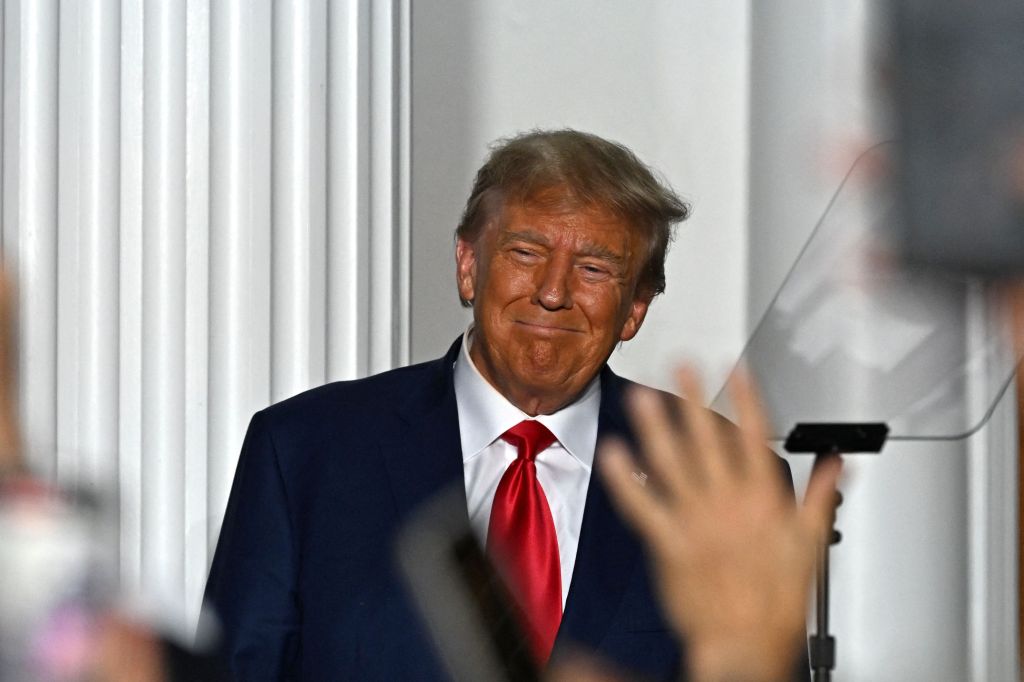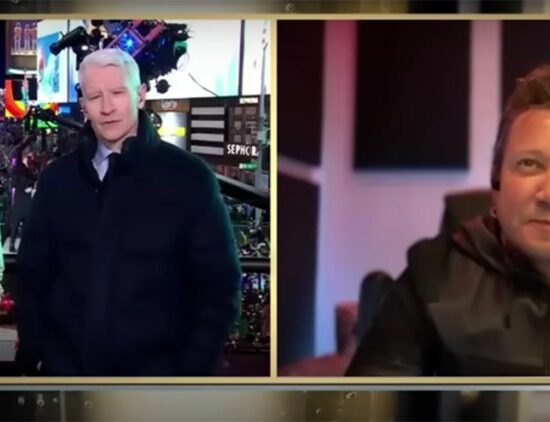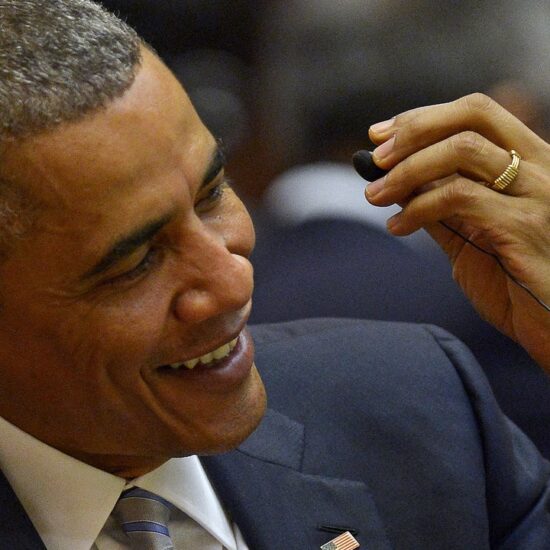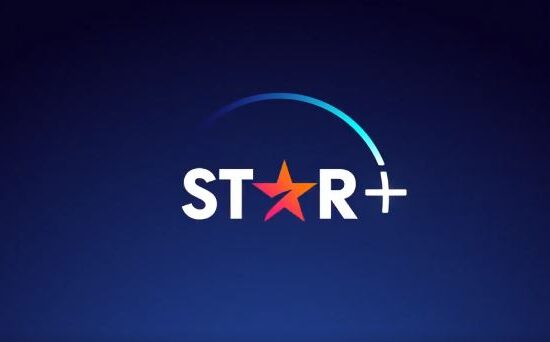
A federal judge dismissed Donald Trump’s $475 million defamation lawsuit against CNN, litigation centered on references made by on-air figures to “the Big Lie,” or the former president’s unfounded claims that the 2020 presidential election was stolen from him.
Trump had argued in his lawsuit, filed in federal court in Florida, that the references to the phrase were defamatory as they created a “false and incendiary association” between him and Adolf Hitler.
U.S. District Judge Raag Singhal wrote that CNN’s references to the term “the Big Lie” were matters of opinion, not fact.
The judge wrote, “Trump complains that CNN described his election challenges as ‘the Big Lie.’ Trump argues that ‘the Big Lie’ is a phrase attributed to Joseph Goebbels and that CNN’s use of the phrase wrongly links Trump with the Hitler regime in the public eye. This is a stacking of inferences that cannot support a finding of falsehood.”
The lawsuit cited five examples of the use of the term “The Big Lie” or election lies that Trump’s attorneys say the network has refused to retract. They including a January 25, 2021, CNN opinion article by Ruth Ben-Ghiat; July 5 and September 15 pieces by Chris Cillizza; a January 16 reference to “the Big Lie” by Jake Tapper on State of the Union; and another Cillizza piece from February 11. But the lawsuit also takes issue with other moments on CNN when guests made the comparison to Trump and Hitler, including one made by Linda Ronstadt during an interview with Anderson Cooper in 2019.
In Singhal’s opinion (read it here, hat tip Politico), he wrote that he found that “Nazi references in the political discourse (made by whichever ‘side’) to be odious and repugnant. But bad rhetoric is not defamation when it does not include false statements of fact. CNN’s use of the phrase “the Big Lie” in connection with Trump’s election challenges does not give rise to a plausible inference that Trump advocates the persecution and genocide of Jews or any other group of people. No reasonable viewer
could (or should) plausibly make that reference.”
Trump had asked the judge to reconsider New York Times vs. Sullivan, the Supreme Court precedent that has guided defamation law for almost 60 years. Singhal, a Trump appointee, said he could not do so because of that precedent and other rulings, but he seemed to express some sympathy with Trump over the state of the news media.
He wrote in his ruling, “The problem is essentially two-fold. First, the complained of statements are
opinion, not factually false statements, and therefore are not actionable. Second, the reasonable viewer, unlike when Sullivan, Butts or Gertz were decided, no longer takes the time to research and verify reporting that often is not, in fact, news.
The judge continued, “As an example, only one month ago, the United States Supreme Court issued a well written 237-page joint opinion with vastly divergent views in two cases known widely as the Affirmative Action decisions. Within minutes of the release of the opinion, the free press had reported just what the opinion supposedly said and meant although it was clearly impossible that the reporter had read the opinion. And of course, those initial news articles were repeatedly shared, commented upon and disseminated over social media and still to this day the reasonable viewer very likely hasn’t read the opinion and never will. This is the news model of today. It is far different than that in Sullivan which altered law that existed for 175 years and has spawned a cottage industry over the last 60. But this too is not actionable.”













